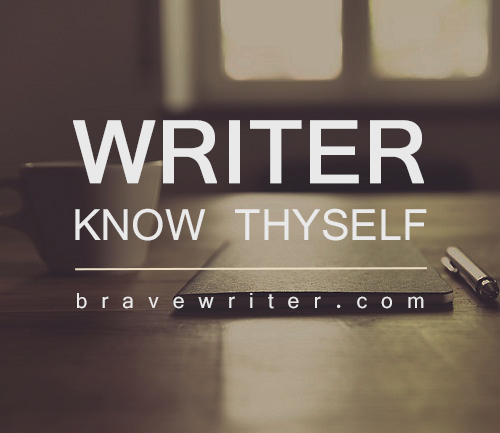I remember when I began writing for the outside world (not just school papers, but for magazines and newsletters, as a ghost writer and editor, in my attempts to publish a children’s book that I wrote with all of my heart), I called on my mother’s robust talent and optimism. As a published author (of some 50+ books now) and writing instructor for more than thirty years, I trusted her and knew she’d have writing resources for me to use as I honed my raw skills. She was my first writing teacher, after all, and remains my best.
The first two books she suggested (affiliate links):
Writing with Power by Peter Elbow
Bird by Bird by Anne Lamott (*Caution: This book contains profanity and objectionable life experiences, though the writing advice is excellent.)
I had a similar reaction to both—hey, they write the way I write! I had no idea that writers might have similar experiences of the writing process. It was not only a relief (don’t we all want validation that how we do things is “normal”?) but it was also empowering. I felt like I had joined a vast current of written self-expression and that I belonged. I didn’t need to “get published” as much as I needed to keep writing.
Just this week, Merry from the BWL wrote that her college writing class had used Writing with Power as their primary college writing text. She shared how freewriting, positive feedback and no grading had given her the courage to explore writing on another level, the level of writer’s voice.
Then she wrote the following sentence that knocked my socks off:
When this teacher helped me find my voice, he helped me find me.
Only a grim administrator would roll her eyes worried that the “objectives for a writing class had not been met.”
What is it about the educational environment that causes us to distrust our voices, that urges us to shed ourselves in favor of “objectivity” and “rules based writing” that are as unattainable as being made prom queen at forty? Wouldn’t it be glorious to find out that through writing, we could know ourselves, we might awaken to who we are at a more profound level? And wouldn’t it be grand if we could do that for our children? Now that’s education!
When my teacher helped me find my voice, he helped me find me.
Image by markus spiske (cc cropped, darkened, text added)


















